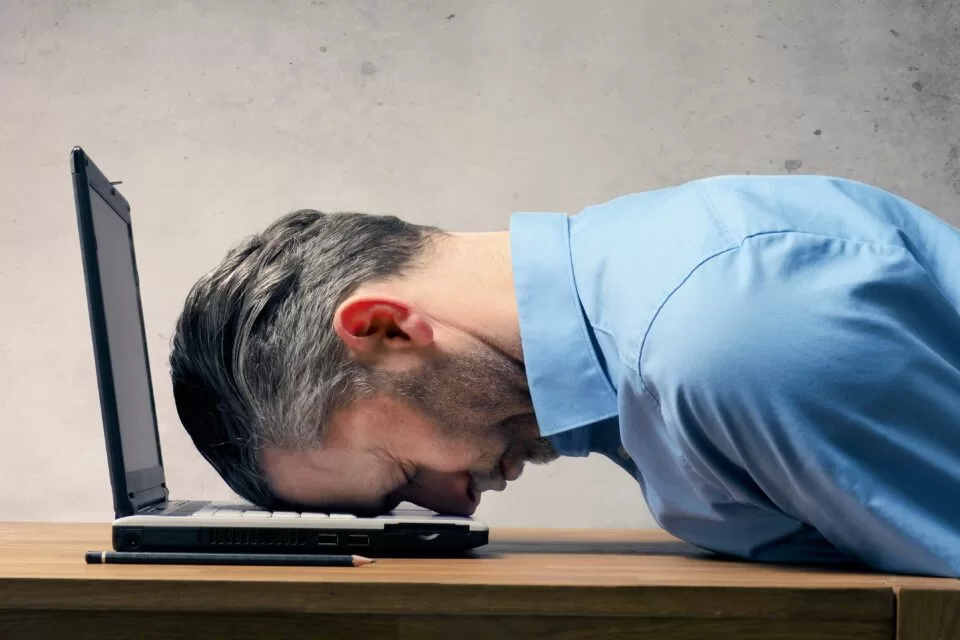Traditional treatments for stress-induced exhaustion disorder may be missing critical psychological and social factors, prompting researchers to call for a new approach. According to a recent study at Uppsala University, the prevalent focus on rest and recovery might not be the best solution for everyone suffering from this condition.
Stress, while often viewed negatively, is a fundamental aspect of human development. This new research suggests that the existing treatment paradigms might need to shift towards a more nuanced understanding of stress and its impacts.
Jakob Clason van de Leur, from the Department of Psychology at Uppsala University, has challenged the traditional view of stress-induced exhaustion disorder through his thesis. He argues that the concepts of ‘recovery’ and ‘stress’ are so ingrained in modern thinking that they are rarely questioned critically.
“There are no established evidence-based models for the psychological treatment of stress-induced exhaustion disorder,” van de Leur stated. “The concepts of ‘recovery’ and ‘stress’ are so widely accepted in our current era that it is difficult to examine them critically.”
The assumption that patients with stress-related exhaustion should primarily focus on rest and relaxation is being questioned. Van de Leur suggests that an excessive emphasis on recovery can lead to a passive lifestyle, which may become detrimental over time.
In his study, van de Leur monitored 915 patients with stress-related exhaustion who participated in comprehensive rehabilitation programs, which included medical, psychological, and physiotherapeutic methods. Despite positive outcomes, he noted that this approach is generally ineffective.
“When I started, treatments lasted up to one year – now we are working on a 12-week digital programme,” van de Leur explained. This new, shorter program has shown similar effectiveness to the previous six-month treatments, using only a fraction of the clinical resources.
The shift to a more resource-efficient, digital model has significant implications. “The results show similar effects to our previous six-month treatment programme, using only a quarter of the clinical resources. This means that the treatment can be made available to more patients in the healthcare system,” the researchers concluded.
As the debate on the best approach to treating stress-induced exhaustion disorder continues, this study highlights the importance of revisiting and possibly revising the traditional views on stress and recovery, advocating for a more balanced and meaningful approach to treatment.












